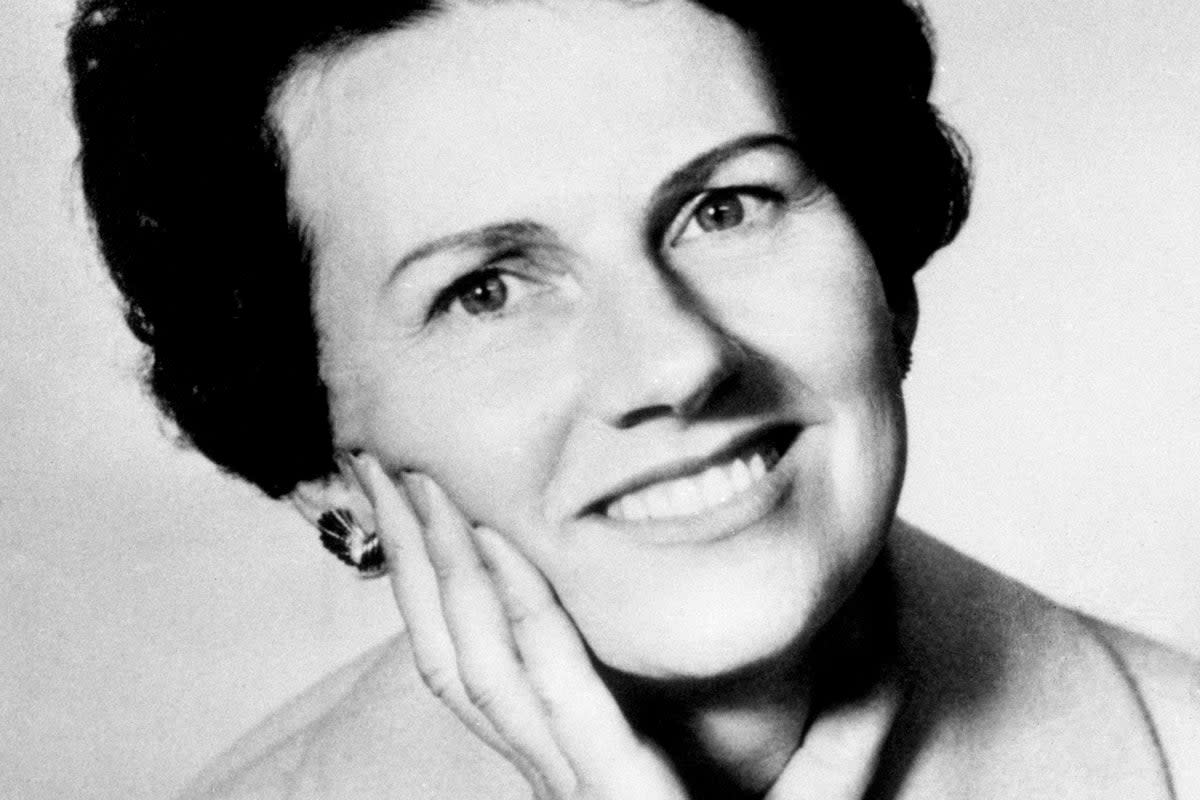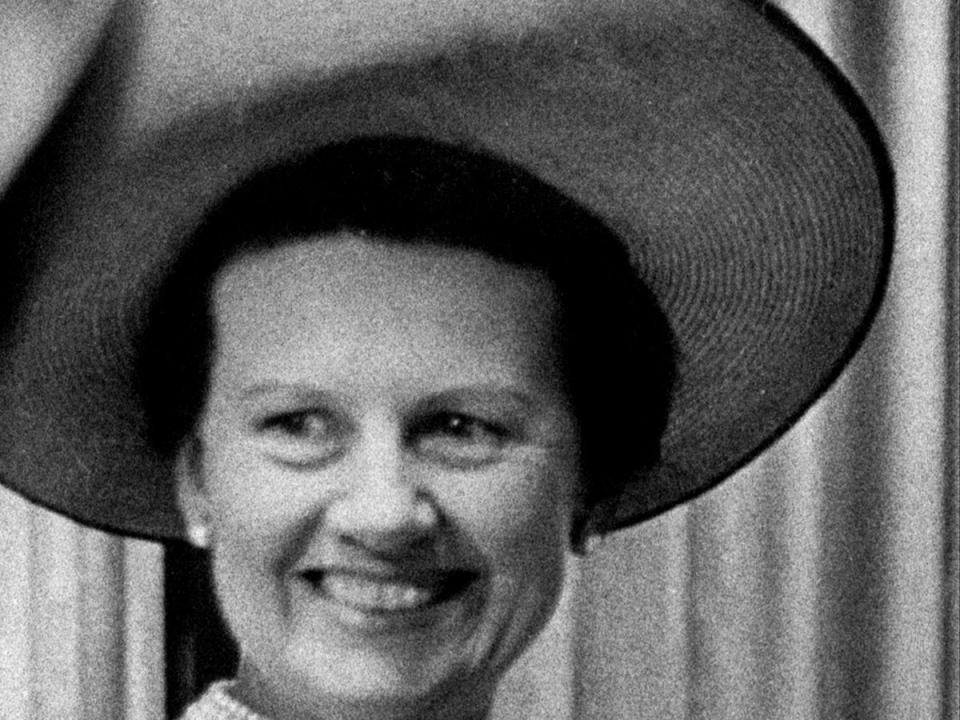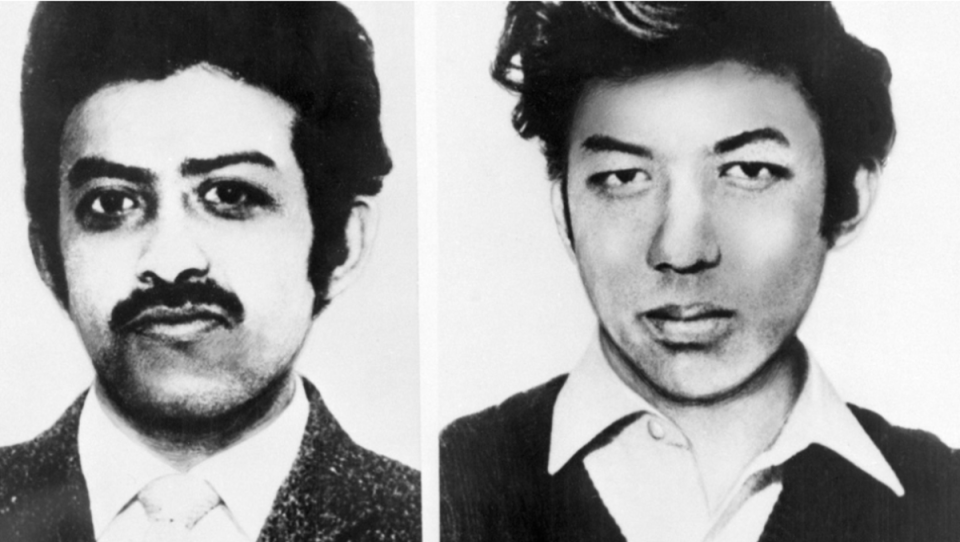Killer signs £40,000 contract with victim’s family to reveal where her body is hidden

A convicted killer signed a $50,000 (£40,000) deal with his victim’s family to finally reveal what happened to her body, having kept it secret for more than 50 years.
Nizamodeen Hosein was jailed for the murder of Muriel McKay, who was kidnapped and held for a £1m ransom in 1969. However, once he and his brother Arthur were arrested at a Hertfordshire farm, Ms McKay’s body was nowhere to be found and her fate has remained a mystery.
Once her family offered him enough money to rescue him from a life of poverty in Trinidad, he agreed to share the details of her final moments. Shortly after signing the agreement, however, he refused to accept the money and has since told the family how and where she died.
Hosein has claimed that she died from a heart attack at the farm his brother owned a few days after they kidnapped her at Christmas. He has now offered to return to the UK, from where he was deported in 1990 after finishing his life sentence, to show her daughter Dianne and grandson Mark Dyer the site of her remains.

Ms McKay was the wife of newspaper executive Alick McKay, deputy to media tycoon Rupert Murdoch, who had recently bought the News of the World and The Sun newspapers.
She was mistaken for Mr Murdoch’s then wife Anna, after the brothers followed the wrong car to the McKay home in Wimbledon, south London.
After days of negotiations with the police and a botched attempt to collect a suitcase of ransom money, the two kidnappers were caught and arrested at the farm.
Despite there being no trace of Ms McKay’s body, they were jailed for life in one of the first murder convictions without the discovery of the victim’s body. While Hosein was released over 30 years ago, his brother died in prison in 2009.

Mr Dyer, a businessman who drew up the contract with lawyers, told Sky News: “It may seem odd to many people that we should pay Nizam Hosein for the information, but our offer unlocked everything after many years of his silence and our sadness and frustration.
"It seemed our last chance of ever finding out what happened to my grandmother.”
Hosein currently lives in a remote, squalid hut without proper sanitation and with rotting floorboards. “He seems to have rejected the money because he wants closure. He’s getting old and he’s frail and it was perhaps his chance to atone for what he did,” Mr Dyer said.
"Our lawyer gave him the first $500 and he just pushed it away. For me, that gave him legitimacy."
Speaking to the family’s lawyers, Hosein said: "I don’t want the money. Money wasn’t my objective, it was peace of mind.

“Talking about it now breaks my heart. I was young, 22, I didn’t feel the pain like I’m feeling now.”
He has now offered to return to the UK to help locate the burial site, with the family launching a petition calling on the Home Office to temporarily lift his deportation order.
Scotland Yard searched part of the farmland last year after talking to Hosein on video link, but he later insisted they had dug in the wrong place. Over the last 50 years, some of the farm buildings, fencing and gates have changed, while detectives have sent Hosein a list of more than 80 questions in a bid to narrow his story.
Hosein said: “If I go back to the farm, I will remember where I put the body. I am sure I can go to the spot directly.”


